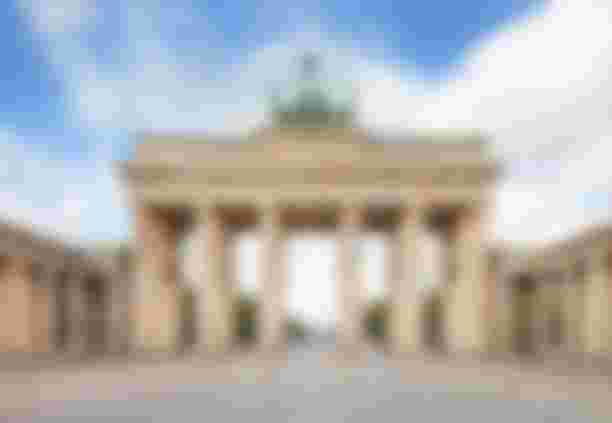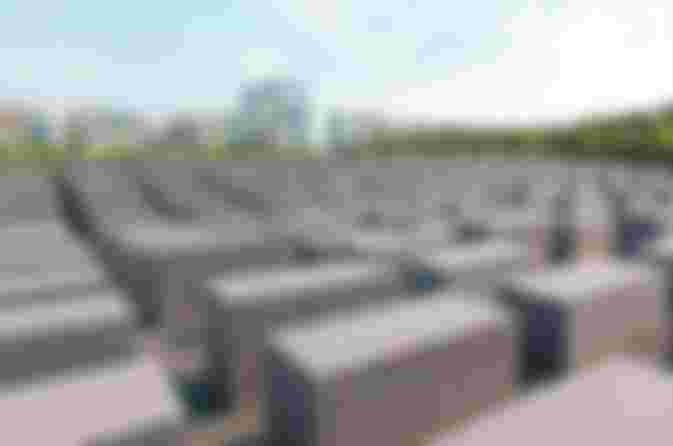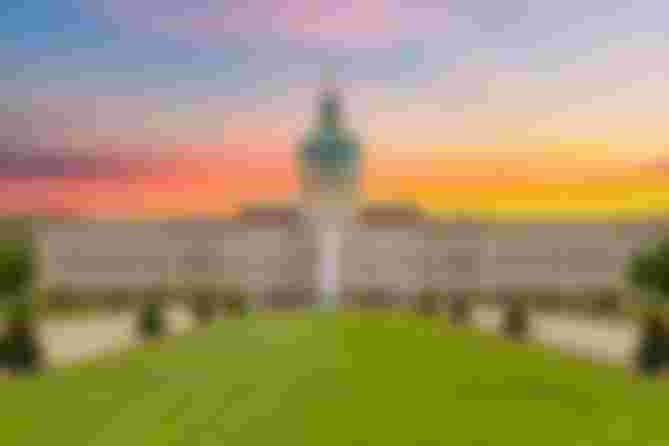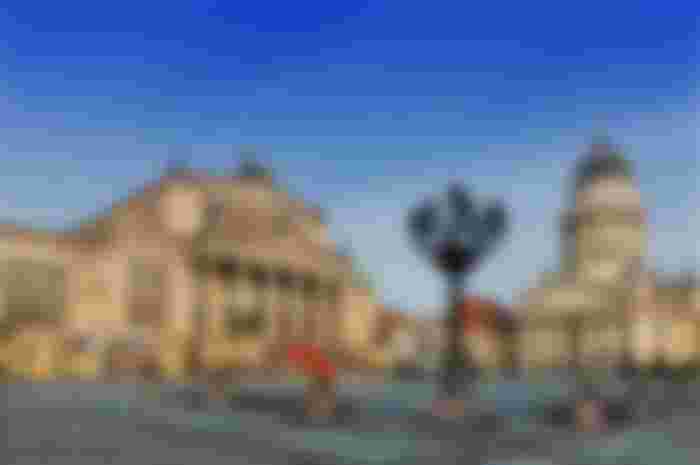Focus on a city : Berlin - Germany
Berlin is a fabulous city where there are many things to do. I never experienced a trip over there but some friends did tell me that it is amazing. By reading this article, you will be able to enjoy your trip in Berlin.
Also, remember that I'm writing on Medium and I would be really grateful if you can follow my channel named "Clément Delabruyère".

Short presentation
Berlin, the capital of Germany, is a dynamic and eclectic metropolis. Covering some 891 km², it is home to over 3.6 million inhabitants, making it the country's most populous city. Its 12 districts reflect its cultural and architectural diversity, ranging from historic quarters to modern designs.
Berlin is distinguished by its rich historical past, having been the heart of the Cold War and the symbol of German reunification in 1990. The remains of the Berlin Wall are a major attraction, reminding us of the city's past division. It is also known for its thriving arts scene, with a multitude of galleries, museums and cultural events.
Geopolitically, Berlin plays a central role in the European Union, hosting numerous international and diplomatic institutions. The seat of the German government, the Bundestag, is located in the Reichstag district, testifying to its political importance.
The city has an alternative, tolerant atmosphere, with districts such as Kreuzberg and Neukölln, which are centers of cultural diversity and creativity. Its efficient public transport system, comprising trains, streetcars and a multitude of cycle paths, facilitates mobility for residents and visitors alike.
Vast green spaces, such as Tiergarten and Mauerpark, offer places to relax. Nightlife enthusiasts will find plenty to do in the city's renowned clubs and bars, making Berlin a must-see destination for party-goers.
In short, Berlin is much more than just a capital; it's a metropolis that embodies history, cultural diversity, artistic creativity and economic vitality, while at the same time being at the heart of European geopolitical issues.
Historical background
Berlin's history goes back more than 800 years to medieval times. Around the 12th century, the region consisted of several small villages and hamlets. In 1237, Berlin was officially founded by the Margrave of the Brandenburg March, who granted urban privileges to the new city. Over the years, Berlin developed as the commercial and political center of the region.
In the 15th century, the Margraves of Brandenburg established their residence in Berlin, consolidating its status as a capital city. The city became part of the Holy Roman Empire and the seat of the House of Hohenzollern, which ruled Brandenburg and then Prussia.
In the 17th century, the Great Electress Frederick William and his successor Frederick I helped modernize and expand Berlin, attracting artists, intellectuals and craftsmen. His son, Frederick II (Frederick the Great), transformed Berlin into a renowned cultural city, erecting magnificent buildings and supporting the arts and philosophy of the Enlightenment.
The 19th century was marked by Napoleonic wars and revolutions. In 1871, the German Empire was proclaimed at Versailles, and Berlin became the Empire's capital. However, the First World War and the ensuing economic crisis plunged Germany into a period of turbulence.
Between the wars, Berlin became a cultural and artistic mecca, but also a hotbed of political and social tension. The rise of Nazism culminated in Adolf Hitler's accession to power in 1933, marking the beginning of a dark period for the city and the world.
After the Second World War, Berlin was divided between the Allies, with the East controlled by the USSR and the West by the USA, the UK and France. The division of the city was symbolized by the construction of the Berlin Wall in 1961, which physically separated the city for almost 30 years. In 1989, peaceful demonstrations and the fall of the wall marked the beginning of German reunification and the end of the Cold War.
Since reunification in 1990, Berlin has regained its role as the capital of a unified Germany. It has undergone an economic, cultural and political boom, becoming a global center for art, technology, politics and cultural diversity. Today, the city remains a living witness to its tumultuous past, while looking to the future as a dynamic and influential European capital.
Must-see places
Brandenburg Gate (Brandenburger Tor)

An emblematic symbol of Berlin, this former city gate is a historic relic and a major landmark.
Berlin Wall and East Side Gallery

Visit the preserved sections of the Berlin Wall, including the East Side Gallery, an open-air gallery of urban art on the wall itself.
Museum Island (Museumsinsel)

A cluster of museums housing an exceptional collection of art and historical artifacts, including the Pergamon Museum and the New Museum.
Holocaust Memorial (Denkmal für die ermordeten Juden Europas)

A poignant memorial to the victims of the Holocaust, composed of steles of varying heights.
Reichstag and glass dome (Reichstagsgebäude)

Home to the German parliament, the Reichstag offers panoramic views from its glass dome.
Alexanderplatz

A lively square and major public transport hub, with the iconic Fernsehturm (television tower) offering panoramic views of the city.
Potsdamer Platz

A modern district with skyscrapers, shopping malls, cinemas and restaurants, symbolizing Berlin's reconstruction after the Cold War.
Charlottenburg Palace (Schloss Charlottenburg)

A magnificent Baroque palace surrounded by gardens, offering a glimpse of Prussian royalty.
Gendarmenmarkt

A picturesque square with historic buildings such as the Konzerthaus and the French and German cathedrals.
Mauerpark Flea Market

A lively market where you can find vintage goods, art, live music and enjoy the bohemian atmosphere.
These sites offer a variety of experiences, from history and contemporary culture to the art and architecture of this fascinating city.
Celebrities born in Berlin
Marlene Dietrich (1901-1992)

German-born actress, singer and Hollywood icon, famous for her roles in films such as "The Blue Angel" and her anti-Nazi commitment during the Second World War.
Tomer Sisley (born in 1974)

He is a French-Israeli actor and humorist born on August 14, 1974 in Berlin. He is best known for his career in French cinema, having appeared in a number of successful films. His charisma, versatile acting and sense of humor have earned him growing popularity. Tomer Sisley has appeared in a variety of productions, from comedy to thriller, demonstrating his ability to embody diverse characters with conviction.
In order to conclude, if you have any ideas for improving this type of article (adding a section, for example), please let me know in the comments. Also, if there's a place in the world that you particularly like and would like me to write another article about, I invite you to submit your ideas too.
If you enjoyed reading please follow me and put a like, thank you !













a vibrant blend of culture, art, and innovation